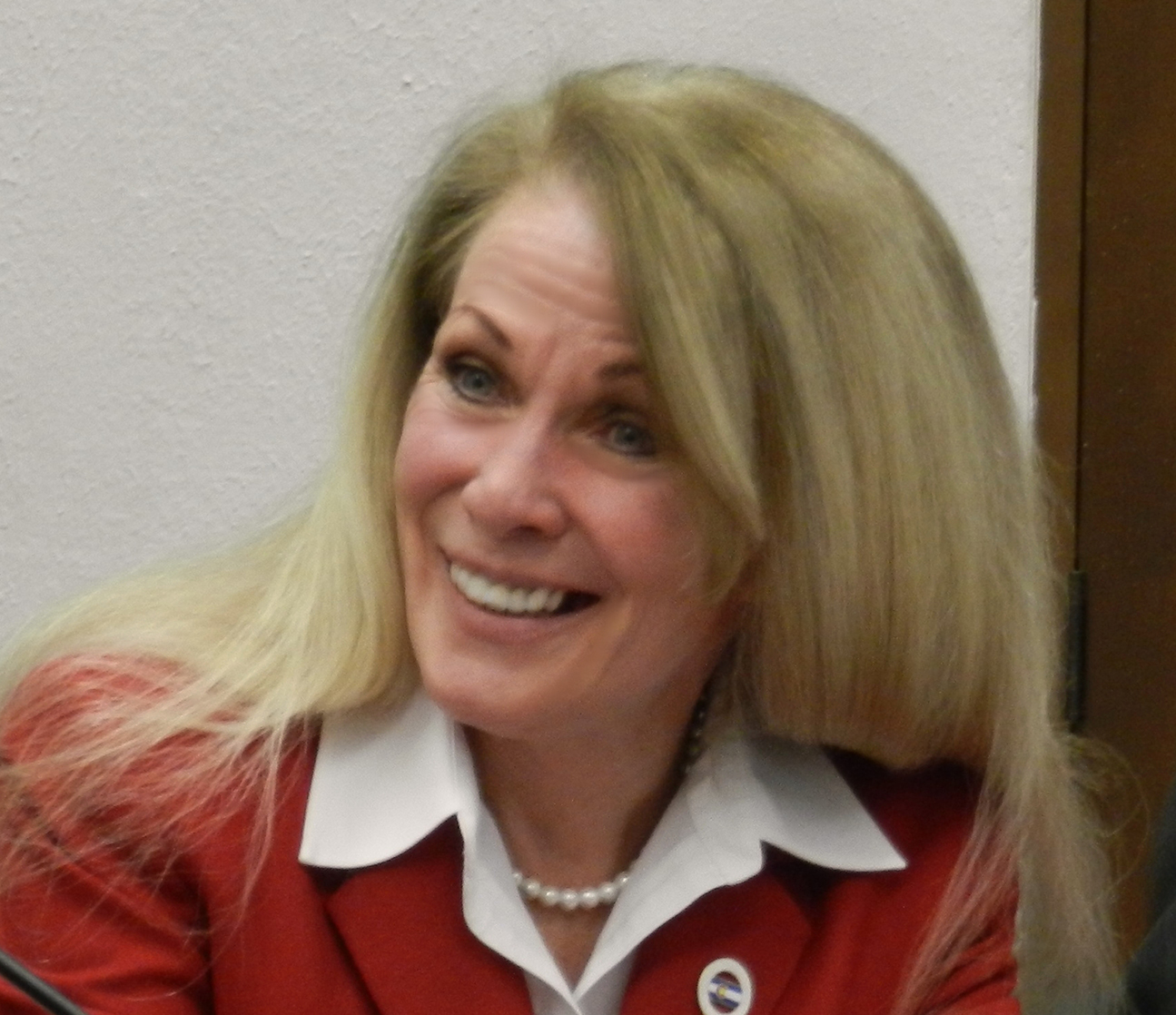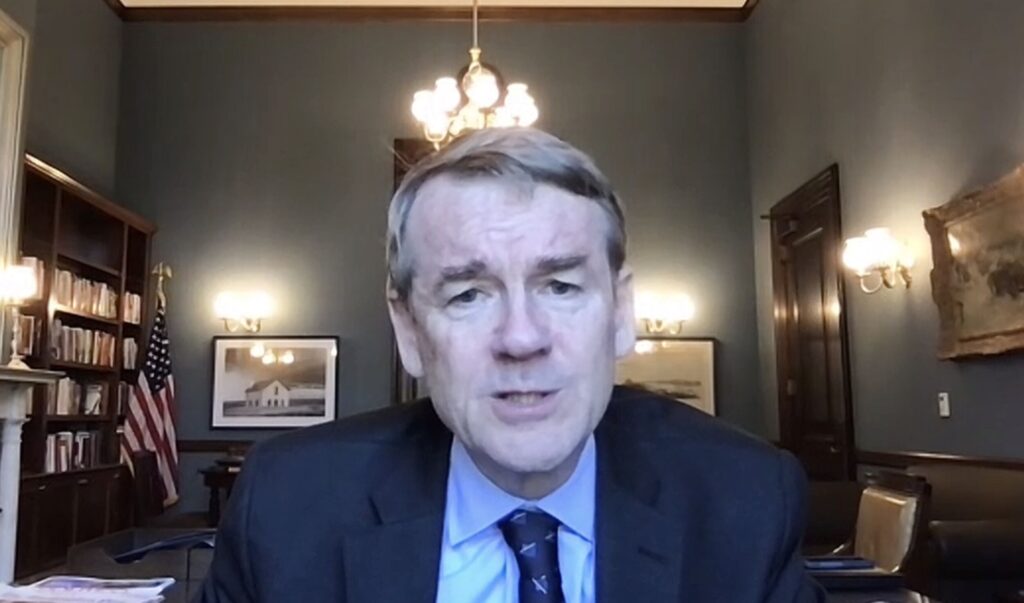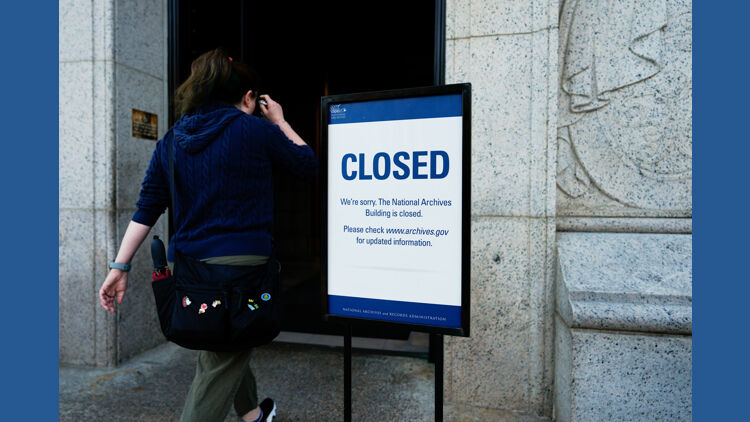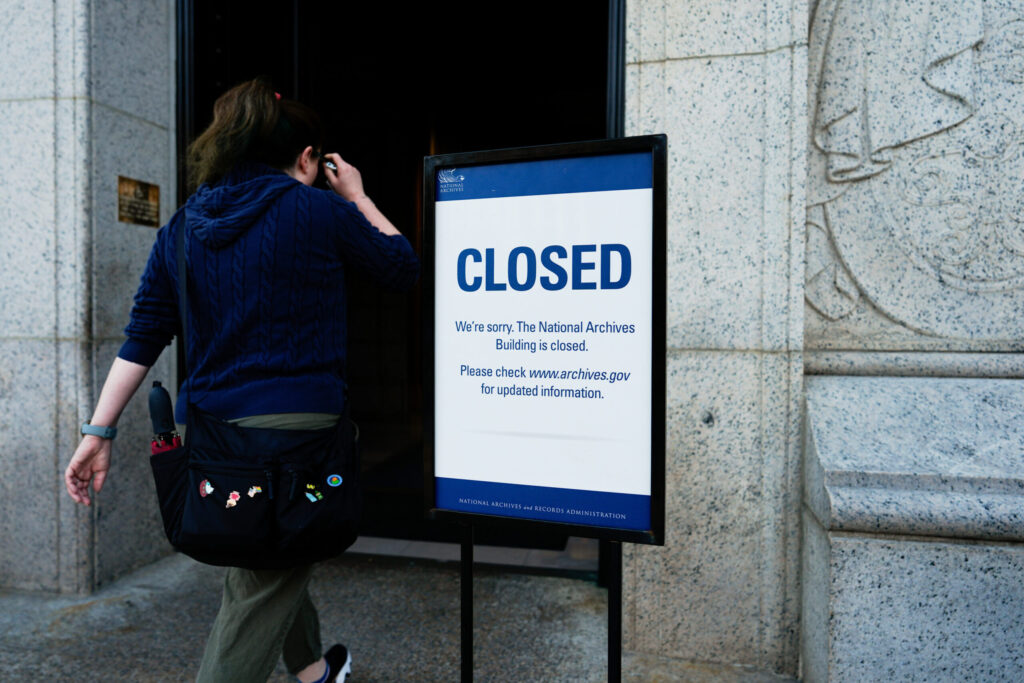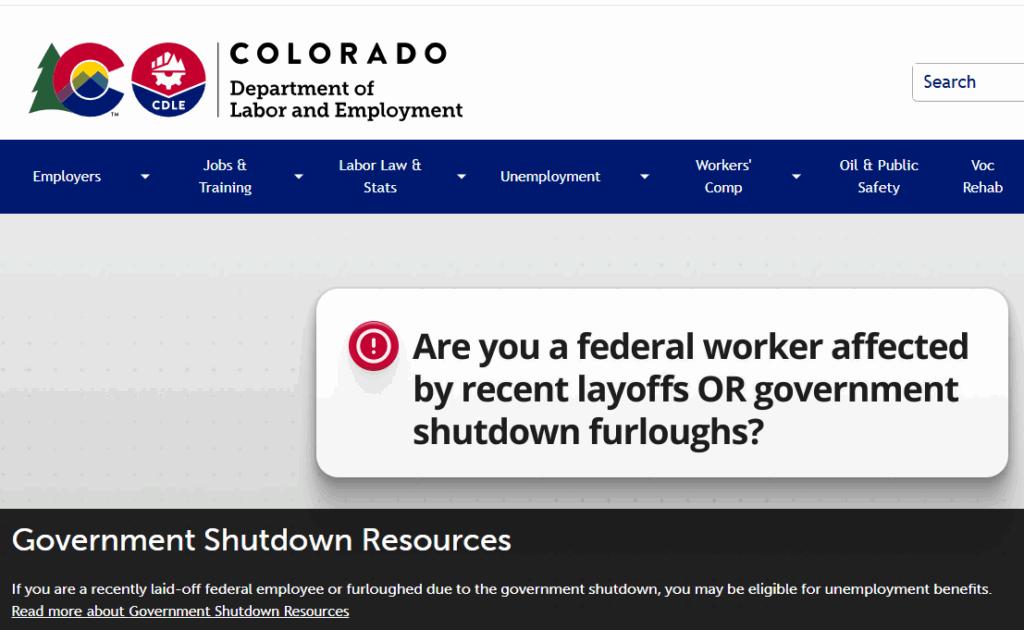Marble disputes ethics charge, said she didn’t know who paid for town hall
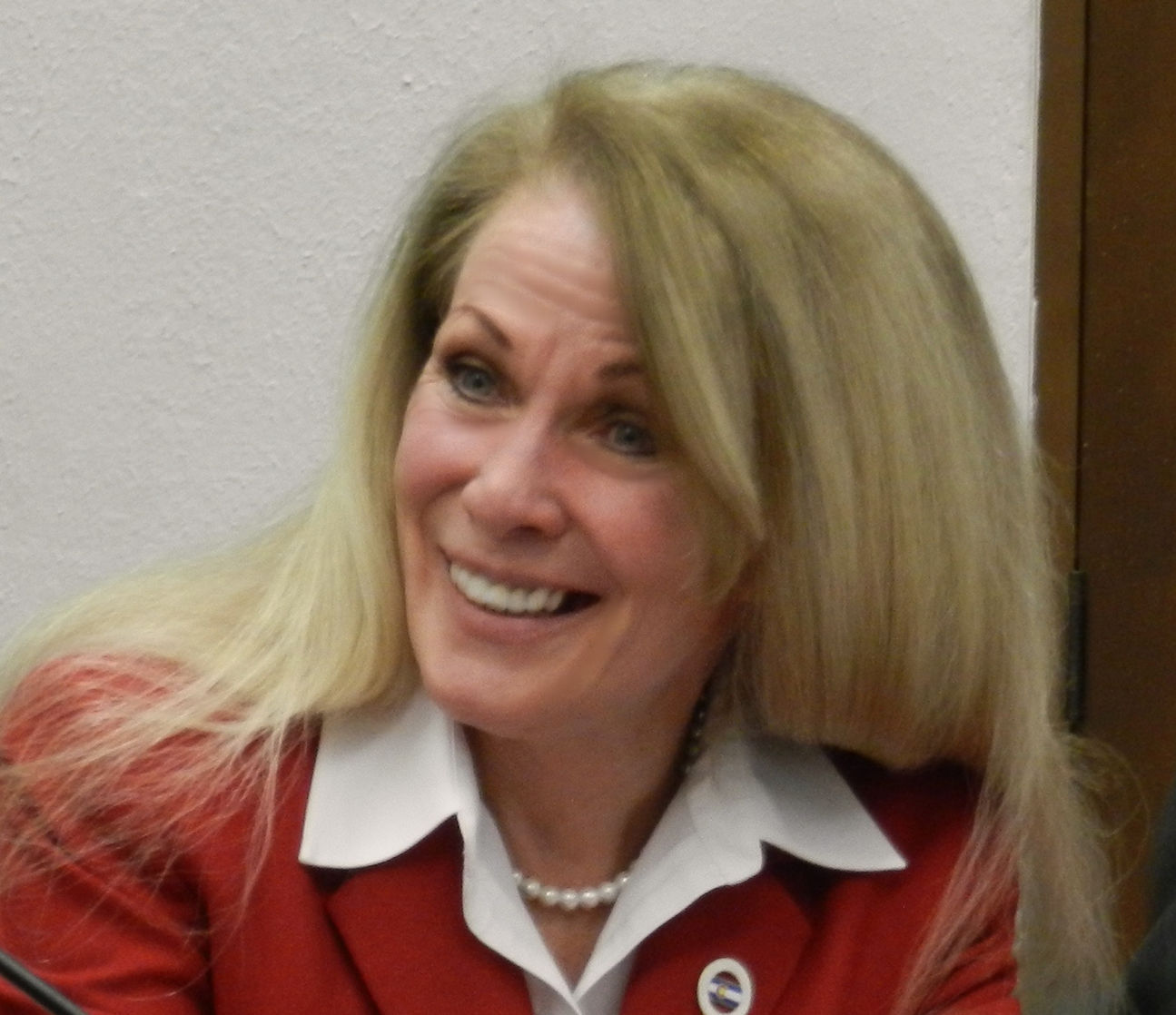
In just over two weeks, the Colorado Independent Ethics Commission will hold a formal hearing to determine whether Sen. Vicki Marble violated the state’s ethics law concerning gifts to lawmakers.
The Commission worked through pre-trial motions Thursday in preparation for the Jan. 8 meeting, which could feature testimony by Marble, an Extraction Oil & Gas employee and Marble’s legislative aide. The five-member group could rule on the complaint following the hearing.
Last June the ethics body decided to investigate a complaint filed against the Fort Collins Republican by Sarah Hall Mann of Broomfield. The complaint deals with a Feb. 15 town hall hosted by Marble at a Broomfield restaurant. The event was paid for by Brian Cain, a media relations spokesperson for Extraction Oil & Gas.
The meeting, held at CB & Potts in Broomfield, was billed as a way to inform the public about “proposed oil and gas development in Broomfield and how other communities in Colorado have addressed similar issues.”
Marble was listed on the invitation as the host of the town hall, as well as in emails, according to Mann’s comments Thursday. The event was set up by Marble’s legislative aide, Sheryl Ann Fernandez, who is also the chair of the Broomfield County Republican Party.
At the time the complaint became public, in May 2017, Fernandez told this reporter that her role as chair of the Broomfield GOP had nothing to do with the event and questioned its inclusion in the original story, first published in the Colorado Independent.
But Marble, in a response to the complaint filed by her attorney, Marcy Glenn of Holland & Hart, is telling a different story. In that response, Marble claims she didn’t know that Extraction footed the bill for the event and that Fernandez was acting in her capacity as chair of the Broomfield GOP in setting up the meeting.
At the time of the town hall, Extraction was in the midst of seeking permission from the Broomfield city council for 84 new wells, to be located near two Broomfield neighborhoods. That permission was granted in October. A month later, Broomfield voters approved a ballot measure to grant elected officials more oversight over oil and gas development. The vote does not impact the city council’s decision.
Colorado’s ethics law, Amendment 41, puts strict limits on the value of gifts, including gifts-in-kind, that lawmakers can accept. The town hall’s cost, according to Marble’s response, was $1,121.18. The state limit on gifts to lawmakers is $59, a limit annually adjusted for inflation.
Marble’s response called Extraction’s payment “a gift to the public” and not to her.
Marble also stated in her response that her only involvement in the community meeting “was to float the original suggestion and moderate the event.” She did not plan the event, nor see the meeting announcement until after the event took place. Marble also said she did not know that Extraction had arranged to pay for the event.
Marble claimed the event was not a legislative town hall, one in which Marble said she would report to constituents on her legislative activities, nor was it a campaign event. “The community meeting would have occurred, and Extraction would have paid the community meeting expenses, with or without Senator Marble’s participation,” the response said.
However, the response also stated that an event announcement, prepared by Fernandez in her official capacity as chair of the Broomfield County GOP, described Marble “as the host in the hope that her presence at the community meeting would attract more attendees…On the day of the event, Ms. Fernandez suggested that Senator Marble moderate in her place, and Senator Marble agreed to do so. Senator Marble equates ‘hosting’ with endorsing an event.”
Glenn’s defense also challenged the constitutionality of Amendment 41. Extraction’s payment did not create an appearance of impropriety for Marble under the law, the response said. The law’s language about impropriety is non-binding, rather that setting up a standard of conduct. But if Amendment 41 “imposes an appearance of impropriety standard of conduct, that standard is unconstitutionally vague,” according to Glenn.
Luis Toro, executive director of Colorado Ethics Watch, believes the complaint comes down to credibility. The question is whether the commissioners will believe that Marble knew nothing about the event’s logistics, including who paid for it.
“The one substantive defense in my opinion is that she didn’t know, so it will be a credibility determination at the hearing,” Toro told Colorado Politics. That credibility issue brings into question why a lawmaker, in attending an event she’s hosting, at a restaurant in which food and liquor is provided to attendees for free, doesn’t ask who’s covering the costs.
“It may be hard for the commission to believe” that Marble didn’t know that Extraction was paying for the event, but “as a legal matter, it’s not a bad position to say that it can’t be a gift if you didn’t accept it. That could be enough,” Toro said.
During Thursday’s meeting, Glenn pointed to a 2017 Commission advisory opinion regarding government meetings hosted by third parties. The opinion, which was sought by Rep. Jonathan Singer, a Longmont Democrat, states that a member of the Colorado General Assembly could serve as a moderator and participate in a question-and-answer format community meeting in a venue to be paid for by a third party who was not a lobbyist. But the Commission also warned Singer to consider whether accepting the venue (and its cost) “would create the appearance of impropriety.” The opinion was issued in April and revised on May 5; Mann’s complaint was filed on May 1.
In a possible foreshadowing of next month’s hearing, Commissioner Bill Leone said during Thursday’s meeting that Marble’s event may have crossed the line set up in the May, 2017 opinion. He said Fernandez basically converted the meeting into a “Marble event” to benefit Marble and her standing on the issue of fracking, and that Marble was advertised as the leader of that effort as well as host of the event. The Commission later voted unanimously to dismiss a Glenn motion to dismiss the complaint or to find it frivolous.
Whether Cain and Fernandez will testify next month is unknown; the Commission approved subpoenas for both to compel their testimony.
Glenn on Thursday also challenged the Commission’s quasi-judicial authority to find someone guilty of a criminal charge. The violation alleged in Mann’s complaint is a misdemeanor, although Mann told the Commission she did not believe the issue should be a criminal matter.
The formal hearing on the ethics complaint is scheduled for 9 a.m. on January 8, two days before the start of the 2018 legislative session, and was scheduled for that date at Marble’s request.
